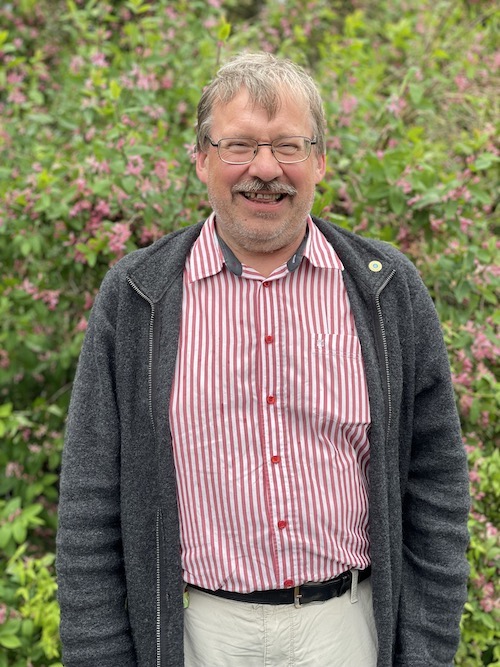Costomer story Kenneth M Persson
Kenneth M Persson, a professor at Lund University and head of research at Sydvatten and Sweden Water Research, had an idea when he heard a presentation on SafeDrink, a research project that evaluated drinking water quality with effect-based analysis. In his office, Persson had several different drinking water bottles that were produced during the 90s. He wondered if it would be possible to analyze this water and compare its quality with current drinking water from the same water treatment plants.
”Everyone should analyze their water with effect-based analysis at least once a quarter.”
Kenneth M Persson – professor at Lund University, head of research at Sydvatten and Sweden Water Research
Kenneth, what did the results show?
– All parameters indicated better quality now than 30 years ago. The most interesting finding was that the dioxin-like effects were significantly lower. This was due to the authorities increasing the demands and implementing more frequent measurements and limited emissions.
How should we analyze water now and, in the future, to obtain a more holistic view of drinking water quality?
– We should screen our water often, at least once a quarter, following the Swedish Food Agency’s recommendations for frequency of other analyses. This way, we can obtain a “diagnosis” of our water, just as we regularly check our health with a doctor. Knowledge about cocktail effects is limited, and as interest in reusing wastewater for drinking water purposes increases, it is crucial to use all available tools to monitor water quality. In addition to the methods used by BioCell Analytica, we should store extracted samples to analyze them in the future when more methods are developed.
– Especially when using oxidative treatment processes such as ozonation or AOPs (advanced oxidation processes), effect-based methods should be used. These techniques can transform hydrophobic or particle-bound substances into water-soluble compounds, helping us decide if removal processes like membrane filtration are more appropriate.


